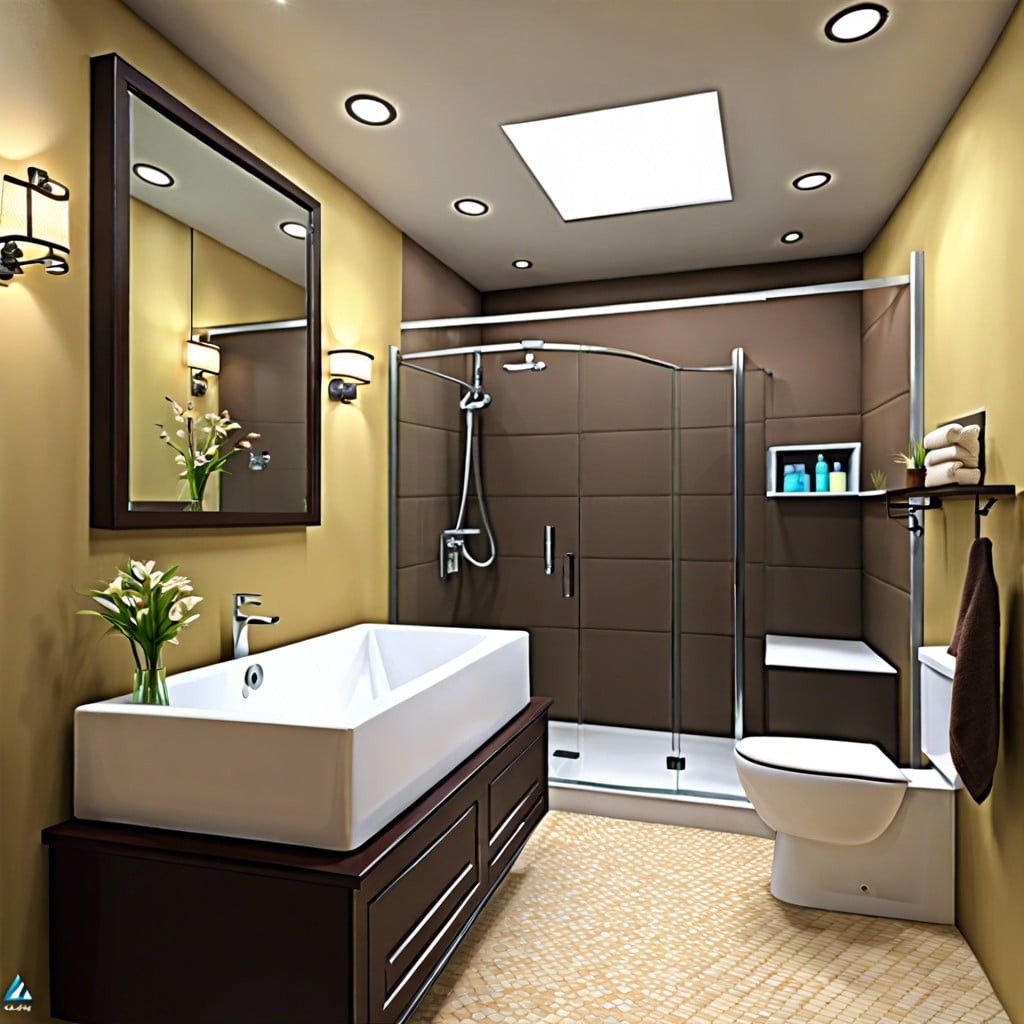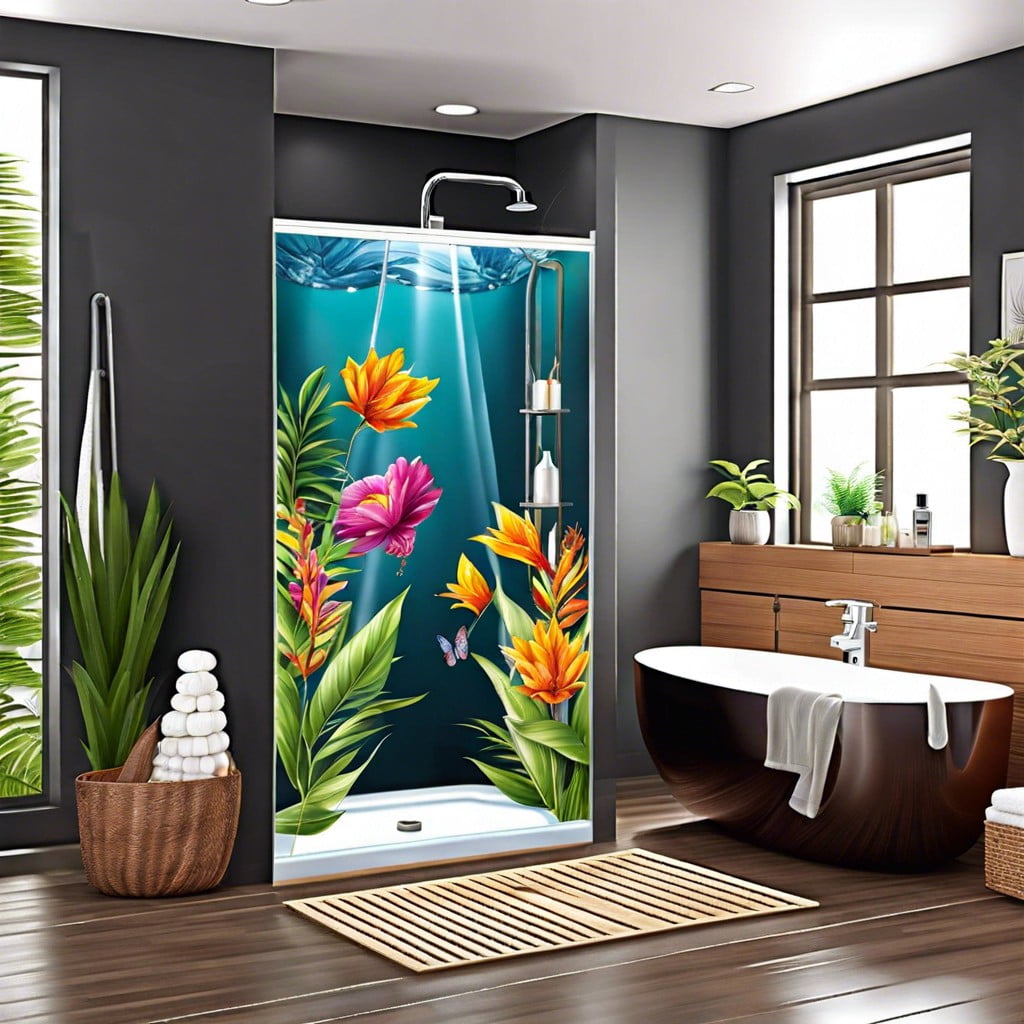Last updated on
Our eyes are not only windows to the world but also mirrors reflecting our lifestyle choices. In the hustle and bustle of modern life, it’s easy to overlook the profound impact our daily habits have on our ocular health. Yet, research consistently underscores the intricate relationship between lifestyle choices and eye health outcomes.
From screen time to diet, exercise habits to environmental factors, every decision we make influences the well-being of our eyes.
The Digital Age Dilemma

In an era dominated by digital devices, our eyes face unprecedented challenges. Prolonged screen time, whether from smartphones, computers, or televisions, exposes our eyes to blue light and digital eye strain. Studies have linked excessive screen exposure to symptoms like dry eyes, eye fatigue, and even myopia progression in children.
The habit of staring at screens late into the night disrupts our circadian rhythm, affecting not just sleep patterns but also ocular health. Moreover, the constant need to focus on digital screens can lead to reduced blink rates, exacerbating dry eye symptoms.
To mitigate these effects, experts recommend adopting the 20-20-20 rule—taking a 20-second break every 20 minutes to look at something 20 feet away. Additionally, investing in blue light filtering glasses and adjusting screen settings to reduce blue light emission can offer protection.
Nourishing the Eyes Through Diet
The adage “you are what you eat” holds for ocular health as well. A diet rich in antioxidants, vitamins, and omega-3 fatty acids plays a crucial role in maintaining healthy eyes. Foods like leafy greens, colorful fruits, and oily fish offer nutrients such as vitamin C, vitamin E, lutein, zeaxanthin, and omega-3s, which safeguard against age-related macular degeneration (AMD), cataracts, and dry eyes.
Conversely, a diet high in processed foods, saturated fats, and sugar can increase the risk of eye conditions like diabetic retinopathy and glaucoma.
Supplements can complement dietary intake, particularly for individuals with specific deficiencies or those at risk of certain eye diseases. However, it’s essential to consult with a healthcare professional before starting any supplementation regimen to ensure safety and efficacy.
The Impact of Physical Activity

Regular exercise isn’t just beneficial for cardiovascular health and weight management—it also positively influences eye health. Engaging in moderate aerobic activities like walking, cycling, or swimming improves blood circulation, including to the eyes. This enhanced circulation helps nourish ocular tissues and maintain optimal intraocular pressure, reducing the risk of conditions like glaucoma.
Moreover, exercise contributes to the management of systemic conditions such as diabetes and hypertension, which are significant risk factors for diabetic retinopathy and hypertensive retinopathy, respectively. Physical activity also aids in stress reduction, which indirectly benefits eye health by minimizing tension-related symptoms like eye twitching and headaches.
The Importance of Adequate Sleep
In today’s fast-paced society, sleep is often sacrificed at the altar of productivity. However, skimping on sleep takes a toll on ocular health. During sleep, our eyes undergo essential processes of repair and rejuvenation. Insufficient sleep disrupts these mechanisms, leading to symptoms like eye redness, puffiness, and blurred vision upon waking.
Furthermore, chronic sleep deprivation is associated with an increased risk of ocular conditions such as dry eye syndrome, uveitis, and even glaucoma. Sleep disorders like obstructive sleep apnea further compound these risks, as they can cause intermittent oxygen deprivation, compromising ocular blood flow and nerve function.
To mitigate these risks and improve sleep quality, consider incorporating practices such as using BlockBlueLight glasses, which filter out harmful blue light wavelengths that disrupt circadian rhythms and interfere with melatonin production. By protecting your eyes from excessive blue light exposure, you can enhance both sleep quality and ocular health simultaneously.
Environmental Influences on Eye Health
Beyond personal habits, environmental factors also shape the health of our eyes. Exposure to pollutants, allergens, and irritants can trigger inflammatory responses in the ocular surface, exacerbating conditions like dry eye and allergic conjunctivitis. Indoor environments with poor air quality, inadequate humidity, or excessive dust and allergens pose particular risks to eye health.
Moreover, ultraviolet (UV) radiation from the sun poses a significant threat to ocular tissues, increasing the risk of conditions such as cataracts, pterygium, and macular degeneration. Prolonged exposure to UV rays without proper eye protection can lead to irreversible damage, emphasizing the importance of wearing sunglasses with UV protection, particularly during peak sunlight hours.
Cultivating Healthy Habits for Lifelong Eye Health
In the quest for optimal eye health, cultivating sustainable lifestyle habits is paramount. By embracing regular eye examinations, we can detect and address potential issues early, maximizing treatment effectiveness and minimizing complications. Practicing proper eye hygiene, including regular handwashing and avoiding eye rubbing, reduces the risk of infections and irritations.
Moreover, fostering a mindful approach to technology usage, incorporating nutrient-rich foods into our diets, and prioritizing sleep and physical activity empowers us to take control of our ocular wellness. Engaging in activities that promote relaxation, such as meditation or yoga, can further alleviate stress and support eye health.
The connection between lifestyle choices and eye health is undeniable. From the digital screens that dominate our daily lives to the foods we consume and the environments we inhabit, every aspect of our lifestyle influences the health of our eyes. By making conscious decisions to prioritize ocular wellness, we can safeguard our vision for years to come.
Through education, awareness, and proactive measures, we have the power to shape a future where healthy eyes are a cornerstone of overall vitality and quality of life. Let us embark on this journey together, embracing habits that nourish and protect the precious gift of sight.
Recap




